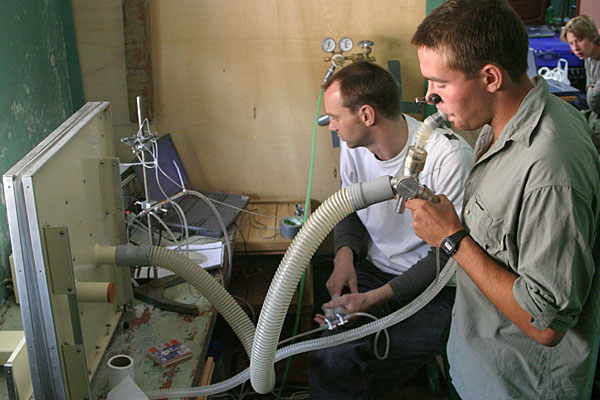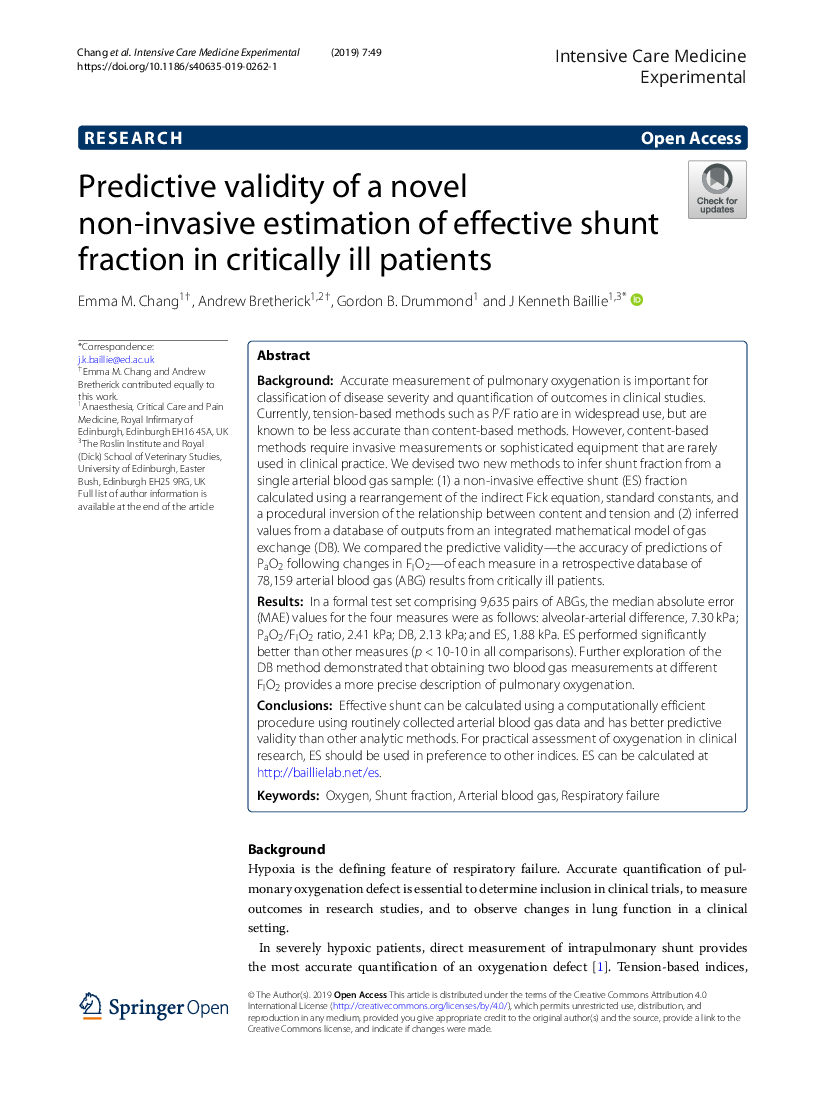Hypoxia
Our theme of hypoxia research follows on from my early career work in high altitude medicine. In 2000 I set up a charity, Apex (altitude physiology expeditions), and organised a series of research expeditions. You can read about the past expeditions, and future ones, at the Apex website. Today we focus on physiological modelling and functional genomics.
Our mathematical models of gas exchange are used for teaching all over the world, and were the foundation for our development of the S/F94 clincial endpoint.
-
Apex (altitude physiology expeditions)
In 1999 I started planning to conduct high altitude research in order to better understand the physiology of responses to hypoxia, both in travellers to altitude and in critically ill patients at sea level. Together with several of my university classmates, most notably Roger Thompson, I founded a charity Apex (altitude physiology expeditions), which has organised student-led research expeditions to high altitude every few years ever since.
-
AMS Clustering
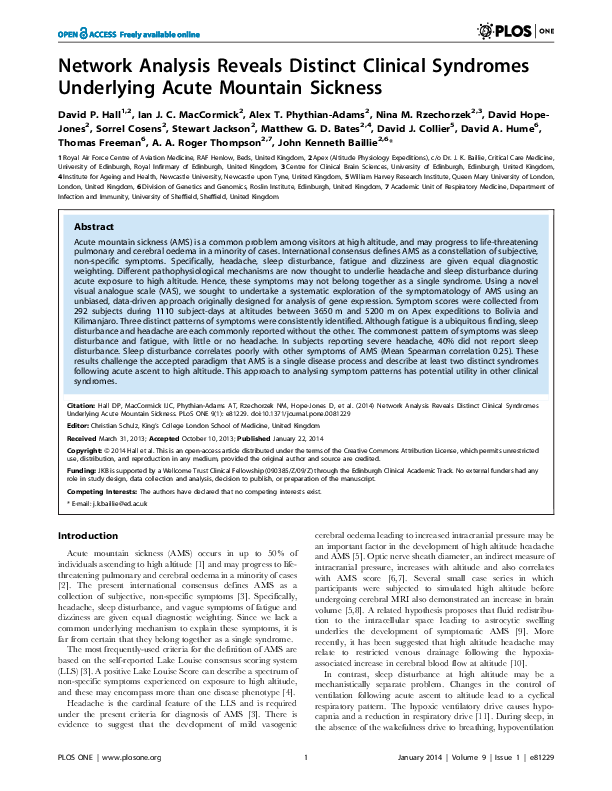
We use a clustering methodology developed for use in transcriptomics, to reveal striking stratification within acute mountain sickness. Our report in arxiv (before biorxiv and medrxiv existed!) showed for the first time that acute mountain sickness is two distinct syndromes that had previously been conflated. This study used data from the first three Apex high altitude research expeditions in 2001, 2003, and 2011.
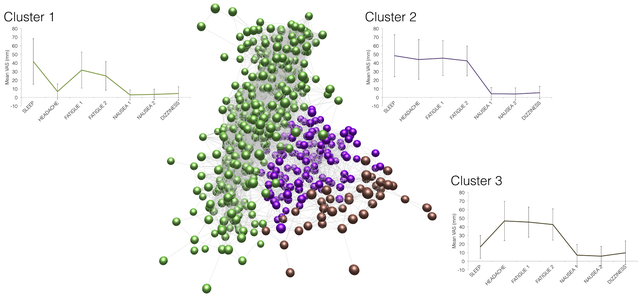
-
AMS new consensus
High Altitude Medicine \& Biology March 2018
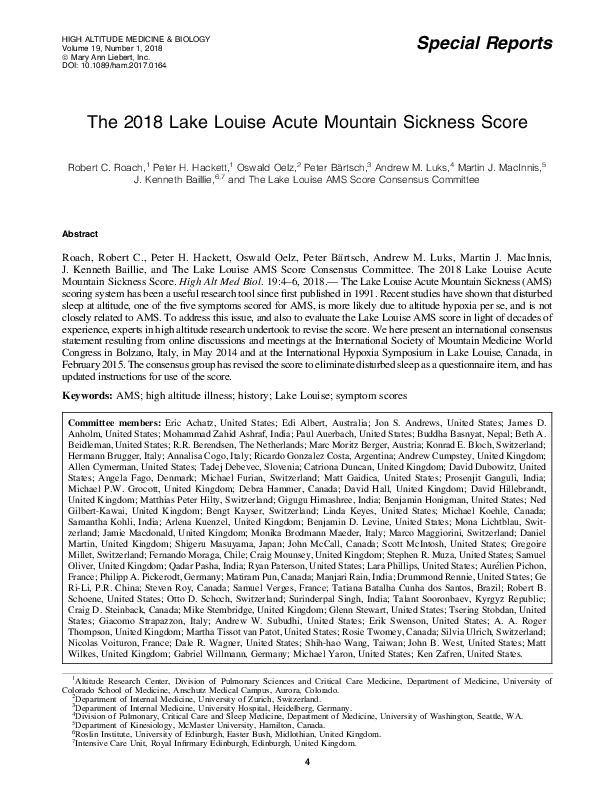
We redefine acute mountain sickness based on our previous clustering work.
-
Effective shunt
-
SF94
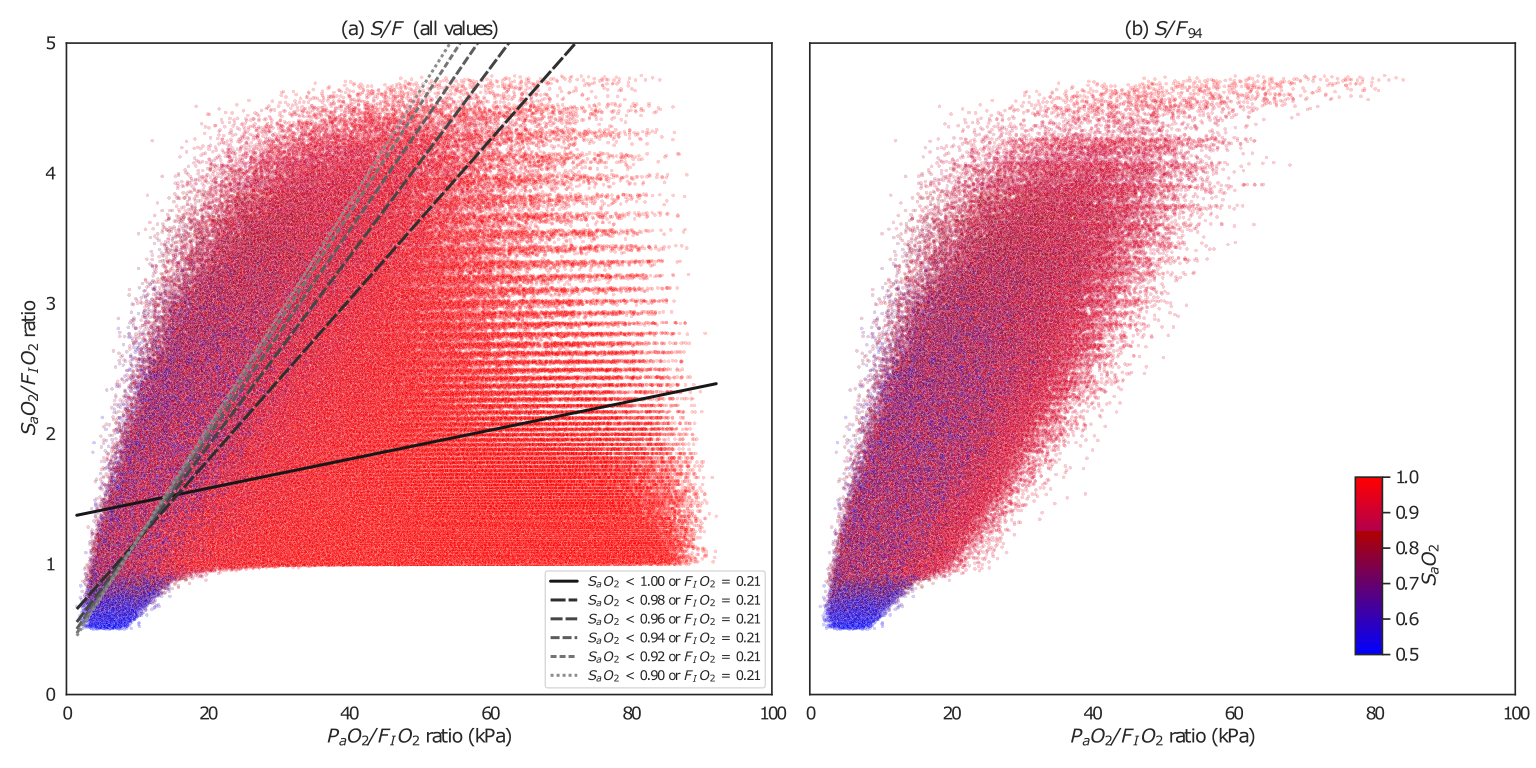
We report a new non-invasive measure of lung oxygenation function (S/F94), evaluate it using physiological modelling data, and quantify the improvement in statistical power from using S/F94 in a clinical trial. We created a completely synthetic dataset that retains the properties of our >300,000 patient ISARIC4C cohort, and built a trial outcomes assessment tool.
-
Altitude physiology model
altitude model
Click here to play with the phsyiological model.
Where to next?
A fantastic group of students are already planning Apex 7 which may well be our most scientifically important expedition ever.
Early autonomy for future academics
Probably the greatest impact of this work has been getting clinical trainees excited about research. Below is a list of our previous volunteers and expedition organisers who are in academic positions or have completed higher degrees:
- Apex 1 (2001)
- Roger Thompson PhD (BHF Intermediate Clinical Fellow, University of Sheffield)
- Peter Hall PhD (Professor of Medical Oncology, University of Edinburgh)
- Ian MacCormick PhD (University of Edinburgh)
- David Dorward PhD (University of Edinburgh)
- Roland Partridge PhD (University of Liverpool)
- Matt Bates PhD (Newcastle University)
- Andy Sutherland PhD (University of Edinburgh)
- John Somner MD (Cambridge)
- Kenny Baillie PhD (Professor of Experimental Medicine, University of Edinburgh)
- Apex 2 (2003)
- Nina Rzechorzek Phd (MRC Clinician Scientist, MRC Laboratory of Molecular Biology, Cambridge)
- Matt Wilkes PhD (Chief Medical Officer)
- Mark Toshner PhD (Senior Lecturer, University of Cambridge)
- Olivia Swann PhD (University of Edinburgh)
- Eve Smith (University of Liverpool)
- Jamie Scriven PhD (Birmingham)
- Oliver Mytton PhD (University of Cambridge)
- Richard Oram PhD (University of Exeter)
- Alex Phythian-Adams PhD (Investigator, GSK)
- James McFarlane PhD (University of Newcastle)
- Adam Marshall (PROTEUS programme, University of Edinburgh)
- Kirsten Scott PhD (University of Cambridge and AstraZeneca, Cambridge)
- Daniel Hammett PhD (University of Sheffield)
- Apex Kilimanjaro (2009)
- James Varley PhD (Imperial College)
- Apex 4 (2015)
- Sandy (Alexander) Jackson - NIHR Doctoral Fellow (University of Southampton)
- Apex 5 (2017)
- Jason Young (Academic FY, Oxford)
